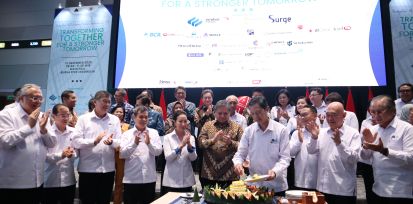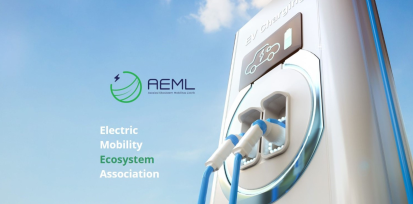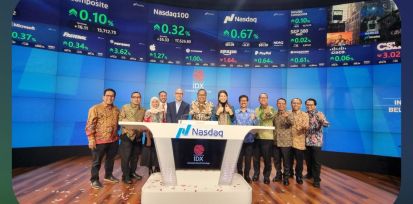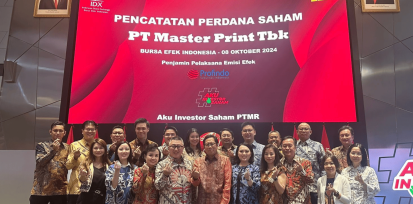
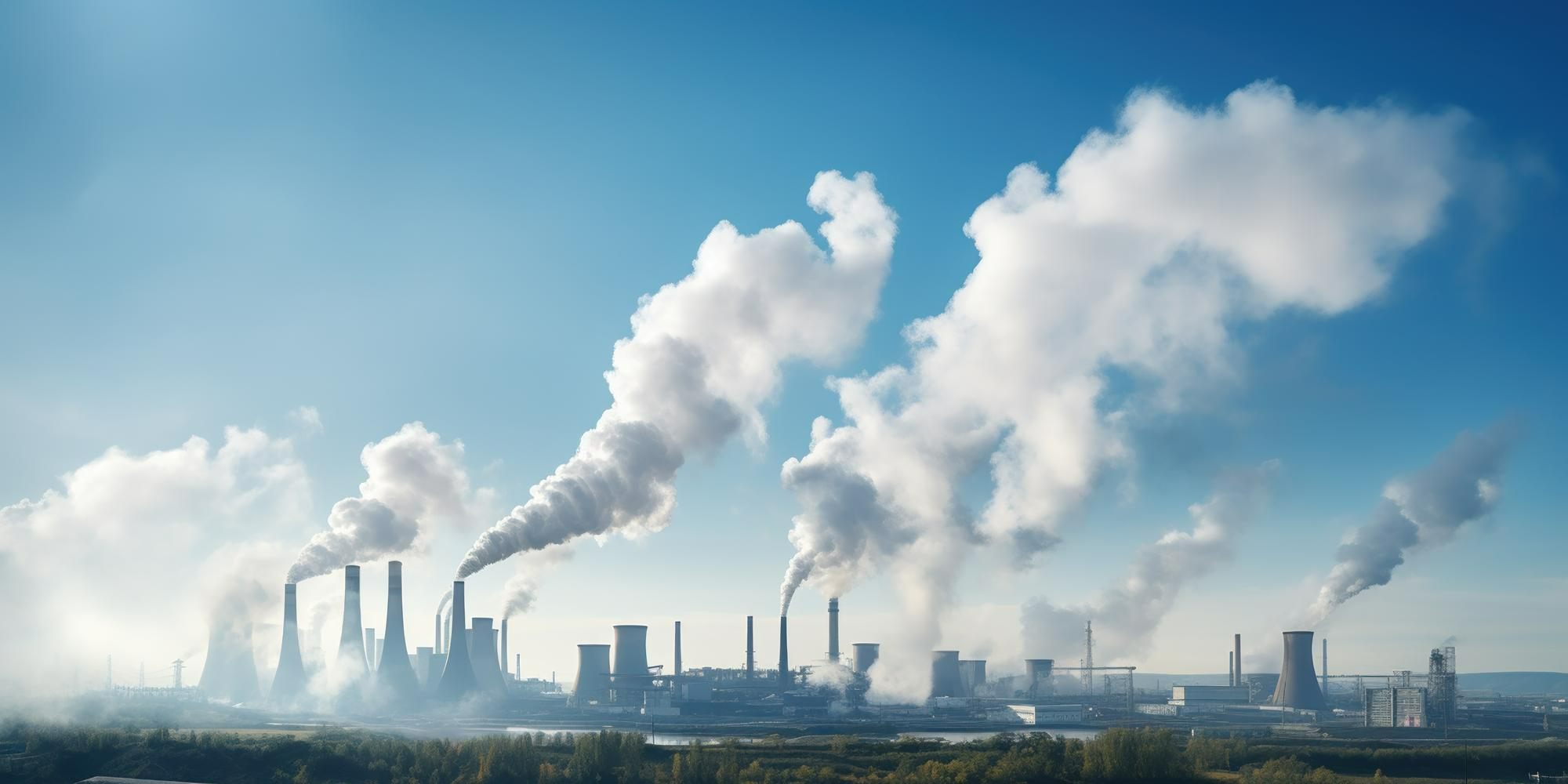
Mandatory and Voluntary Systems in Carbon Markets
Mandatory Systems Regulated by Governments or International Monitoring Bodies
These systems are implemented by governments for specific sectors or through cooperation between two countries or a UN regulatory body. The compliance market has increased to a value of about $850 billion in 2021, or 2.5 times the 2020 value, with transaction volumes reaching about 15 GtCO2.
Voluntary System for Carbon Credits
Carbon credits can be purchased by parties who voluntarily wish to compensate for their emissions. The voluntary market reached a value of about $2 billion in 2021, or 4 times the 2020 value, with transaction volumes reaching about 500 MtCO2.
Comparison of Compliance and Voluntary Markets
The compliance market involves the emissions trading system (ETS) and international cooperation mechanisms under Articles 6.2 and 6.4. The cap-and-trade system is the core of the ETS, where companies are given permits to emit a certain amount of emissions. If they exceed the cap, they must purchase additional permits from other companies whose emissions are below the cap. Credits are generated from cooperative projects and overseen by UN regulatory bodies, while in the voluntary market, credits are generated from offset-based projects and verified by organizations such as Verra, Gold Standard, and others.
In the compliance market, demand comes from businesses that exceed emission limits, while in the voluntary market, corporations with emission reduction targets or zero emission targets purchase carbon credits. Supply in the compliance market comes from business units that are under the emissions cap or have offsets, while in the voluntary market, companies or countries with emissions reduction projects (such as technology or forestry) offer carbon credits.
Opportunities for Indonesia
Indonesia has great potential in the carbon market with the world's largest mangroves (more than 3 million hectares), the second largest tropical forests and peatlands, and 17% of the world's fauna species. Indonesia's ambition is to become Asia's leading carbon hub by 2025. With a strong regulatory framework, transactions in the voluntary carbon market are expected to reach USD 4-8 billion. Indonesia launched a carbon exchange (IDX Carbon) in September 2023 and an ETS system in the power sector in February 2023.
Challenges in Carbon Market Development in Indonesia
Weak Implementation: Social and environmental issues, violation of indigenous peoples' rights, land grabbing.
Low Added Value: Projects with little or no added value.
Large Scale Projects: Not suitable for community-based projects due to high transaction costs.
Carbon Trading Infrastructure: Still under development, including a national registry system.
Capacity Building: Need for expertise in project document preparation and monitoring.
International Carbon Trading Regulations: Still under development.
Environmental Integrity: Need to maintain additional project value, avoid double counting, and ensure other environmental benefits.
Benefits of Carbon Trading System
Reducing Emissions: By putting a cost on carbon, encourages the development and adoption of clean technologies.
International Collaboration: Facilitates global cooperation in reducing emissions.
Low Carbon Technology Innovation: Provide financial incentives for companies to invest in sustainable solutions.



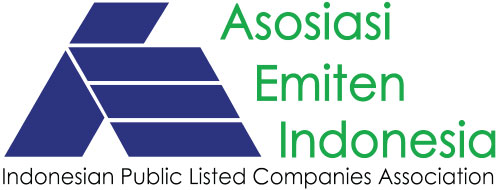
 Back to Home
Back to Home




